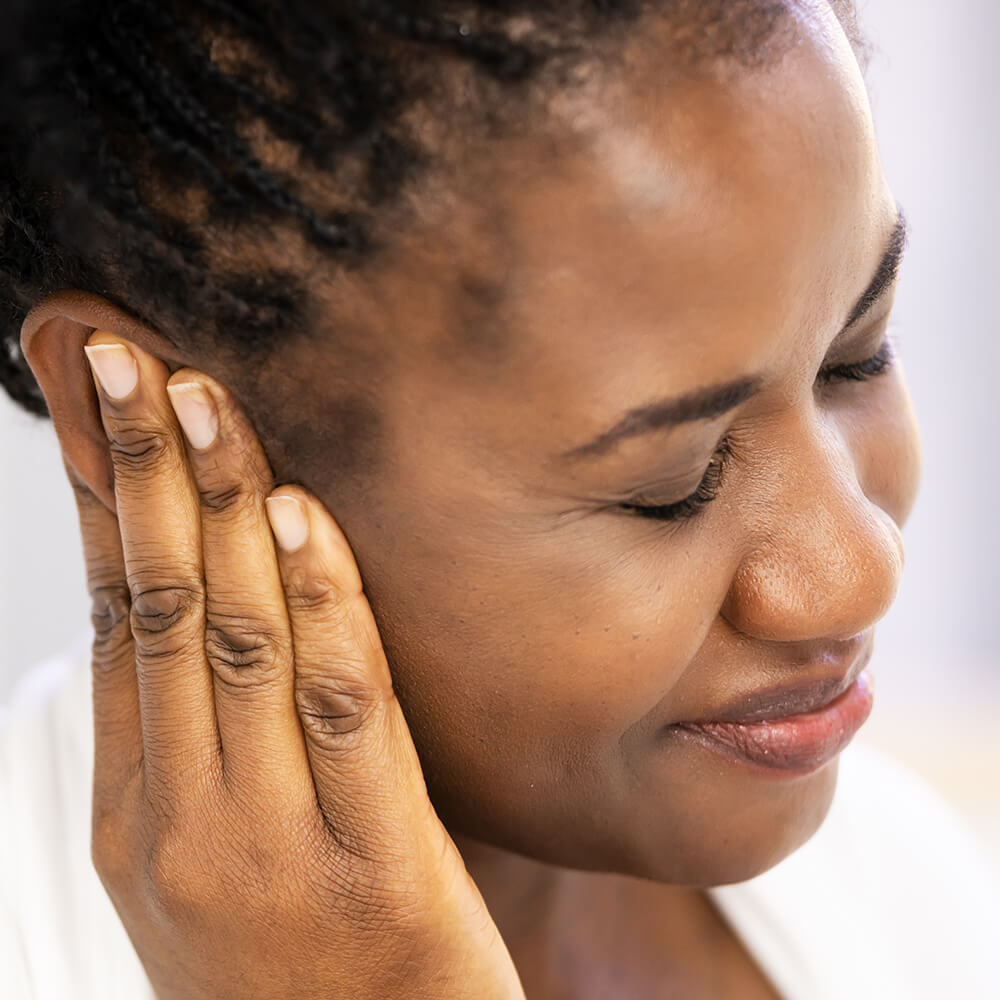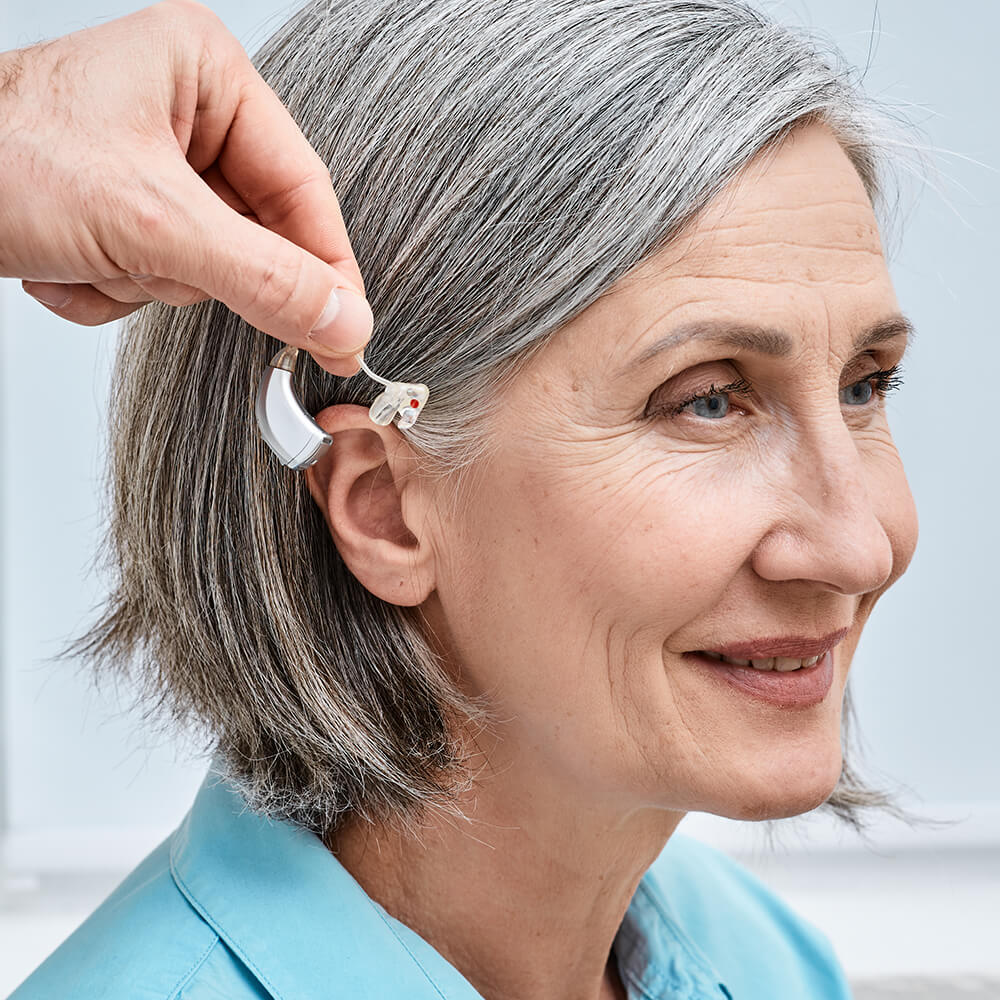Our audiologists at Western Colorado Hearing and Balance employ various effective therapies to alleviate tinnitus symptoms. Treatments may include, but are not limited to:
- Sound Therapy
- Stress Reduction Techniques
- Counseling
- Self-help Books
For anyone grappling with tinnitus, taking the first step involves scheduling a hearing evaluation with us by calling our office. Our team is dedicated to finding the right treatment to improve your quality of life.





